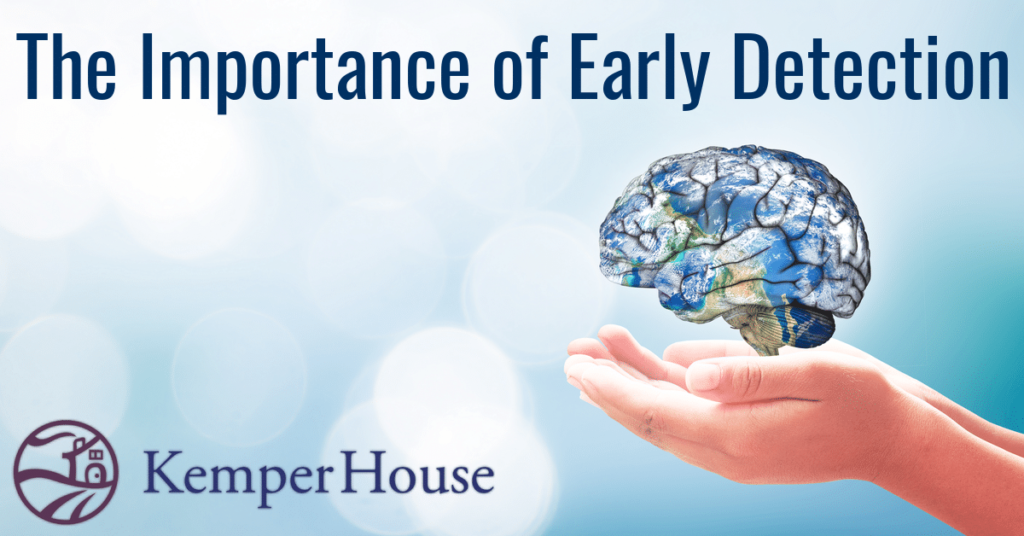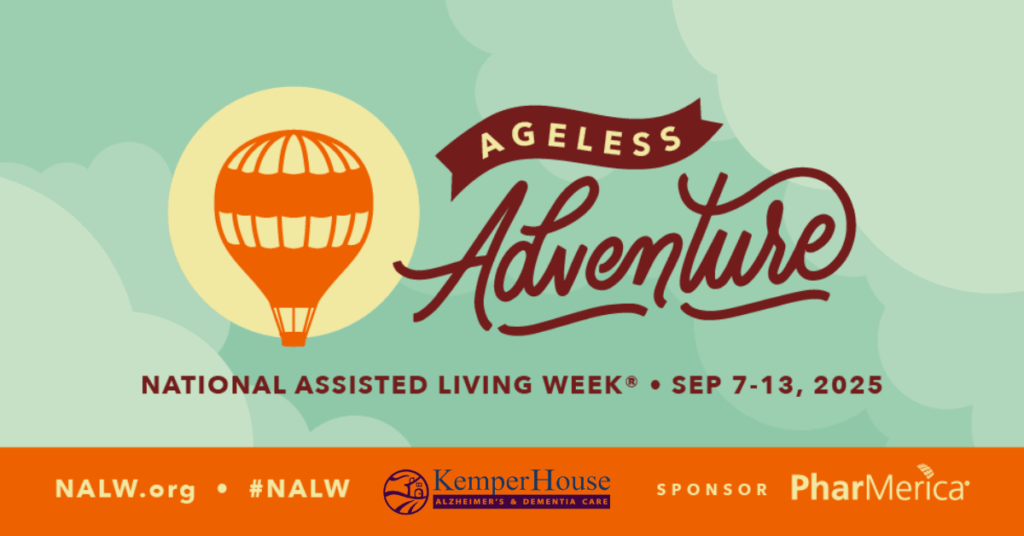
The Importance of Early Detection
The Importance of Early Detection
Dementia is a profoundly life-changing condition and reactions to a diagnosis can range from dismay and deep sadness to anger and despair. But for many people, it can also come as a relief. A diagnosis may well provide long-awaited answers for a failing memory, communication problems, and changes in behavior.
An early diagnosis opens the door to future care and treatment. It helps people to plan ahead while they are still able to make important decisions on their care and support needs and on financial and legal matters. It also helps them and their families to receive practical information, advice, and guidance as they face new challenges.
Early detection is also important to determine if the symptoms you are experiencing are truly due to Alzheimer’s or some other — perhaps even treatable — condition.
If Alzheimer’s is the cause, an early diagnosis allows you:
- Access to treatment options: While current medications do not prevent, stop or reverse Alzheimer’s, they can help lessen the symptoms, such as memory loss and confusion, for a limited time. An early Alzheimer’s diagnosis provides you with a better chance of benefiting from treatment.
- An opportunity to participate in clinical trials: An early diagnosis makes individuals eligible for a wider variety of clinical trials, which advance research and may provide medical benefits.
- Chance to prioritize your health: Some lifestyle changes, such as controlling blood pressure, stopping smoking, participating in exercise, and staying mentally and socially active, may help preserve cognitive function.
Emotional and social benefits
Receiving an early Alzheimer’s diagnosis may help lessen anxieties about why you are experiencing symptoms. You and your family also have the opportunity to maximize your time together and access resources and support programs.
More time to plan for the future
Map out your plan to approach Alzheimer’s with Alzheimer’s Navigator®, an online tool that helps individuals living with Alzheimer’s, their families and caregivers create a customized action plan to proactively face this disease.
Do you know who you would want to make decisions for you in the event you’re no longer able to? An earlier diagnosis also allows you to be open with your family and support network about what you want during each stage of the disease. This can give you peace of mind, reduce the burden on family members and prevent disagreements.
Planning ahead allows you to express your wishes about legal, financial, and end-of-life decisions. You and your family will be able to review and update legal documents, discuss finances and property, and identify your care preferences. You can also address potential safety issues, such as driving or wandering, ahead of time.
Cost savings
Early diagnosis saves costs of medical and long-term care for both families and the U.S. government. Among all Americans alive today, if those who will get Alzheimer’s disease were diagnosed when they had mild cognitive impairment, before dementia, it would collectively save $7 trillion to $7.9 trillion* in health and long-term care costs.
An early diagnosis – and access to the right services and support – can help people take control of their condition, plan for the future and live well with dementia.
Sources:
Alzheimer’s Association
Scie.org
– Jennifer Nance, M.Ed, SMC-C
Facebook
Icon-google-plus
Twitter
Reddit
Pinterest
Icon-stumbleupon-1


